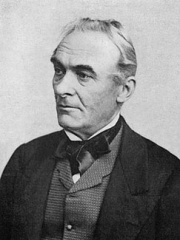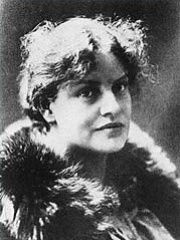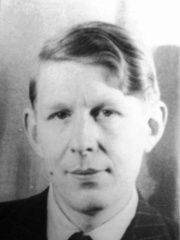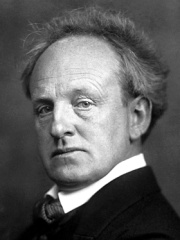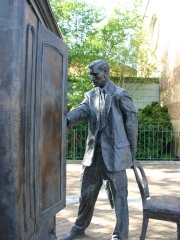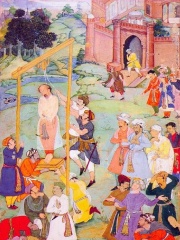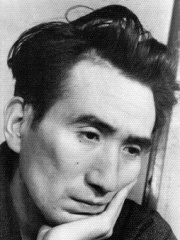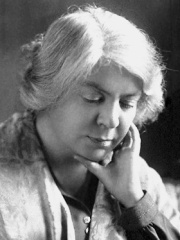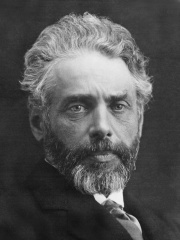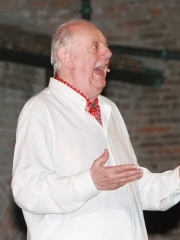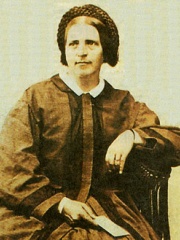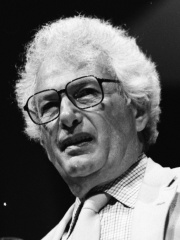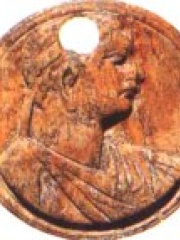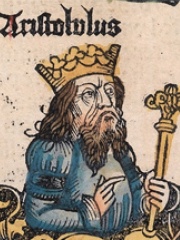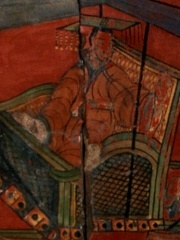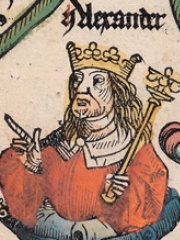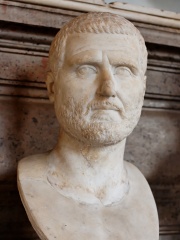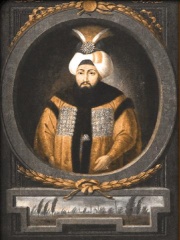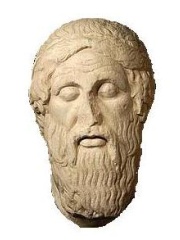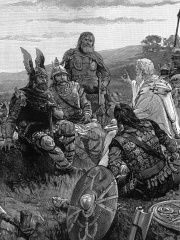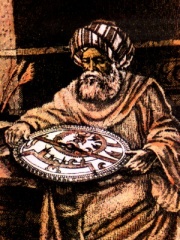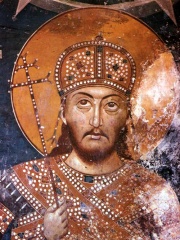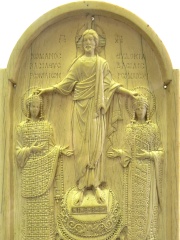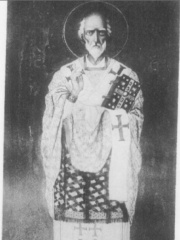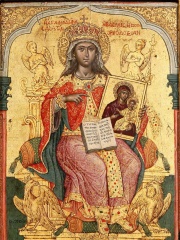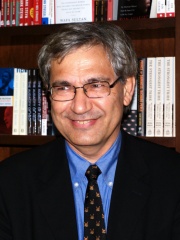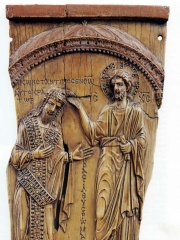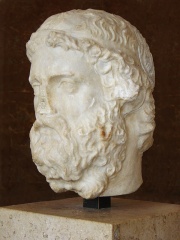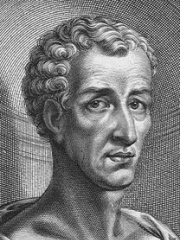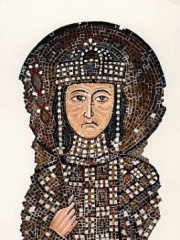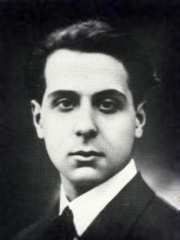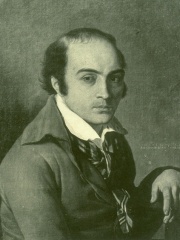WRITER
Dionysius of Halicarnassus
60 BC - 7 BC
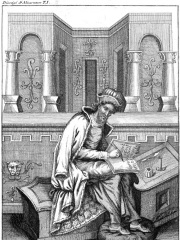
 Dionysius of Halicarnassus
Dionysius of Halicarnassus
Dionysius of Halicarnassus (Ancient Greek: Διονύσιος Ἀλεξάνδρου Ἁλικαρνασσεύς, Dionýsios Alexándrou Halikarnasseús, ''Dionysios (son of Alexandros) of Halikarnassos''; c. 60 BC – after 7 BC) was a Greek historian and teacher of rhetoric, who flourished during the reign of Emperor Augustus. His literary style was atticistic – imitating Classical Attic Greek in its prime. He is known for his work Rhōmaikē Archaiologia (Roman Antiquities), which describes the history of Rome from its beginnings until the outbreak of the First Punic War in 264 BC. Out of twenty books, only the first nine have survived. Dionysius's opinion of the necessity of a promotion of paideia within education, from true knowledge of classical sources, endured for centuries in a form integral to the identity of the Greek elite. Read more on Wikipedia
His biography is available in 53 different languages on Wikipedia (up from 48 in 2024). Dionysius of Halicarnassus is the 249th most popular writer (up from 279th in 2024), the 116th most popular biography from Türkiye (down from 115th in 2019) and the 7th most popular Turkish Writer.
Dionysius of Halicarnassus is most famous for his work "Roman Antiquities" which is a history of Rome from the earliest times to the death of Julius Caesar.
Memorability Metrics
Page views of Dionysius of Halicarnassus by language
Among WRITERS
Among writers, Dionysius of Halicarnassus ranks 249 out of 7,302. Before him are Prosper Mérimée, Lou Andreas-Salomé, W. H. Auden, Gerhart Hauptmann, C. S. Lewis, and Mansur Al-Hallaj. After him are Osamu Dazai, Grazia Deledda, Henrik Pontoppidan, Dario Fo, Johanna Spyri, and Joseph Heller.
Most Popular Writers in Wikipedia
Go to all RankingsProsper Mérimée
1803 - 1870
HPI: 77.10
Rank: 243
Lou Andreas-Salomé
1861 - 1937
HPI: 77.10
Rank: 244
W. H. Auden
1907 - 1973
HPI: 77.00
Rank: 245
Gerhart Hauptmann
1862 - 1946
HPI: 76.95
Rank: 246
C. S. Lewis
1898 - 1963
HPI: 76.86
Rank: 247
Mansur Al-Hallaj
858 - 922
HPI: 76.84
Rank: 248
Dionysius of Halicarnassus
60 BC - 7 BC
HPI: 76.82
Rank: 249
Osamu Dazai
1909 - 1948
HPI: 76.80
Rank: 250
Grazia Deledda
1871 - 1936
HPI: 76.77
Rank: 251
Henrik Pontoppidan
1857 - 1943
HPI: 76.76
Rank: 252
Dario Fo
1926 - 2016
HPI: 76.74
Rank: 253
Johanna Spyri
1827 - 1901
HPI: 76.73
Rank: 254
Joseph Heller
1923 - 1999
HPI: 76.72
Rank: 255
Contemporaries
Among people born in 60 BC, Dionysius of Halicarnassus ranks 2. Before him is Ptolemy XIV of Egypt. Among people deceased in 7 BC, Dionysius of Halicarnassus ranks 1. After him are Aristobulus IV, Emperor Cheng of Han, and Alexander, son of Herod.
Others Born in 60 BC
Go to all RankingsPtolemy XIV of Egypt
POLITICIAN
60 BC - 44 BC
HPI: 79.15
Rank: 1
Dionysius of Halicarnassus
WRITER
60 BC - 7 BC
HPI: 76.82
Rank: 2
Others Deceased in 7 BC
Go to all RankingsDionysius of Halicarnassus
WRITER
60 BC - 7 BC
HPI: 76.82
Rank: 1
Aristobulus IV
POLITICIAN
31 BC - 7 BC
HPI: 67.21
Rank: 2
Emperor Cheng of Han
POLITICIAN
51 BC - 7 BC
HPI: 67.19
Rank: 3
Alexander, son of Herod
NOBLEMAN
35 BC - 7 BC
HPI: 57.92
Rank: 4
In Türkiye
Among people born in Türkiye, Dionysius of Halicarnassus ranks 116 out of 1,347. Before him are Gordian I (159), Anaximenes of Miletus (-585), Osman III (1699), Hecataeus of Miletus (-550), Ulfilas (311), and Al-Battani (858). After him are Irenaeus (130), Stefan Dušan (1308), Romanos IV Diogenes (1030), Piri Reis (1470), Photios I of Constantinople (900), and Theodora (815).
Others born in Türkiye
Go to all RankingsGordian I
POLITICIAN
159 - 238
HPI: 77.04
Rank: 110
Anaximenes of Miletus
PHILOSOPHER
585 BC - 525 BC
HPI: 76.96
Rank: 111
Osman III
POLITICIAN
1699 - 1757
HPI: 76.91
Rank: 112
Hecataeus of Miletus
HISTORIAN
550 BC - 476 BC
HPI: 76.89
Rank: 113
Ulfilas
RELIGIOUS FIGURE
311 - 383
HPI: 76.89
Rank: 114
Al-Battani
MATHEMATICIAN
858 - 929
HPI: 76.82
Rank: 115
Dionysius of Halicarnassus
WRITER
60 BC - 7 BC
HPI: 76.82
Rank: 116
Irenaeus
RELIGIOUS FIGURE
130 - 202
HPI: 76.80
Rank: 117
Stefan Dušan
POLITICIAN
1308 - 1355
HPI: 76.79
Rank: 118
Romanos IV Diogenes
POLITICIAN
1030 - 1072
HPI: 76.79
Rank: 119
Piri Reis
GEOGRAPHER
1470 - 1554
HPI: 76.77
Rank: 120
Photios I of Constantinople
RELIGIOUS FIGURE
900 - 896
HPI: 76.73
Rank: 121
Theodora
RELIGIOUS FIGURE
815 - 867
HPI: 76.61
Rank: 122
Among WRITERS In Türkiye
Among writers born in Türkiye, Dionysius of Halicarnassus ranks 7. Before him are Hesiod (-800), Ammianus Marcellinus (330), Orhan Pamuk (1952), Constantine VII (905), Anacreon (-570), and Lucian (120). After him are Anna Komnene (1083), Giorgos Seferis (1900), Zosimus (460), Novatian (220), Yunus Emre (1240), and André Chénier (1762).
Hesiod
800 BC - 700 BC
HPI: 86.72
Rank: 1
Ammianus Marcellinus
330 - 395
HPI: 80.61
Rank: 2
Orhan Pamuk
1952 - Present
HPI: 78.34
Rank: 3
Constantine VII
905 - 959
HPI: 77.72
Rank: 4
Anacreon
570 BC - 485 BC
HPI: 77.55
Rank: 5
Lucian
120 - 200
HPI: 77.17
Rank: 6
Dionysius of Halicarnassus
60 BC - 7 BC
HPI: 76.82
Rank: 7
Anna Komnene
1083 - 1153
HPI: 76.22
Rank: 8
Giorgos Seferis
1900 - 1971
HPI: 74.75
Rank: 9
Zosimus
460 - 520
HPI: 74.67
Rank: 10
Novatian
220 - 258
HPI: 72.46
Rank: 11
Yunus Emre
1240 - 1321
HPI: 72.13
Rank: 12
André Chénier
1762 - 1794
HPI: 71.30
Rank: 13
